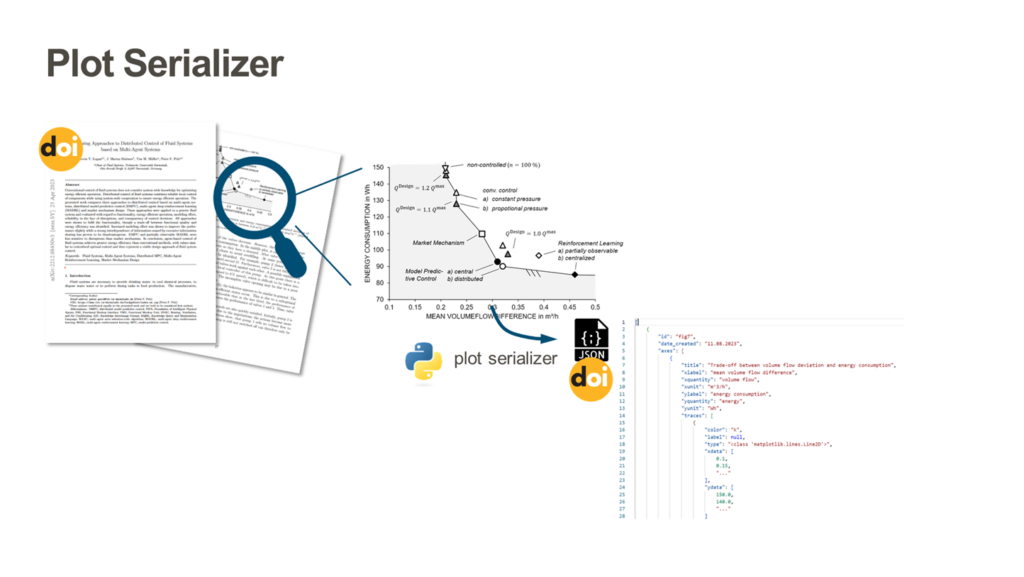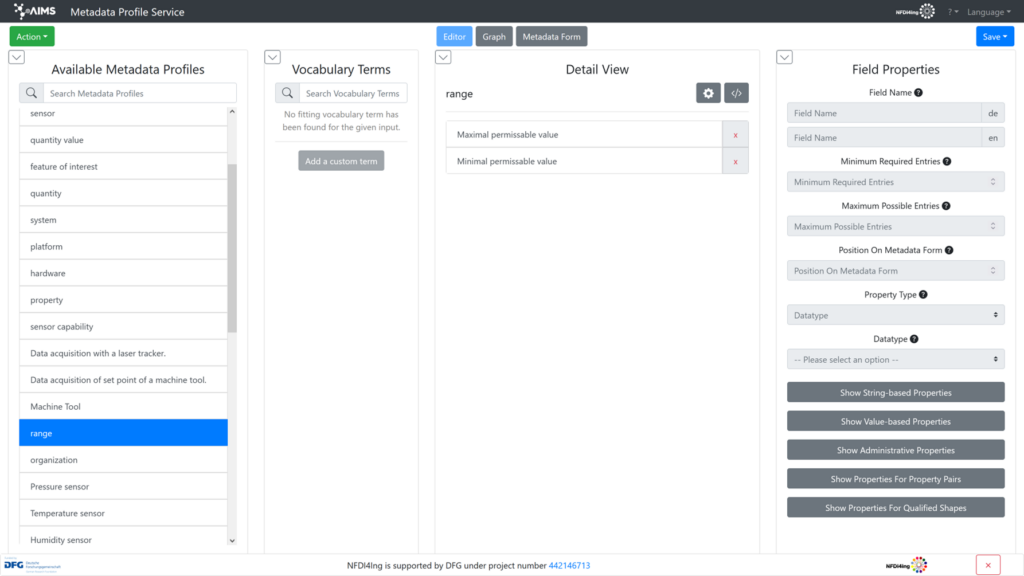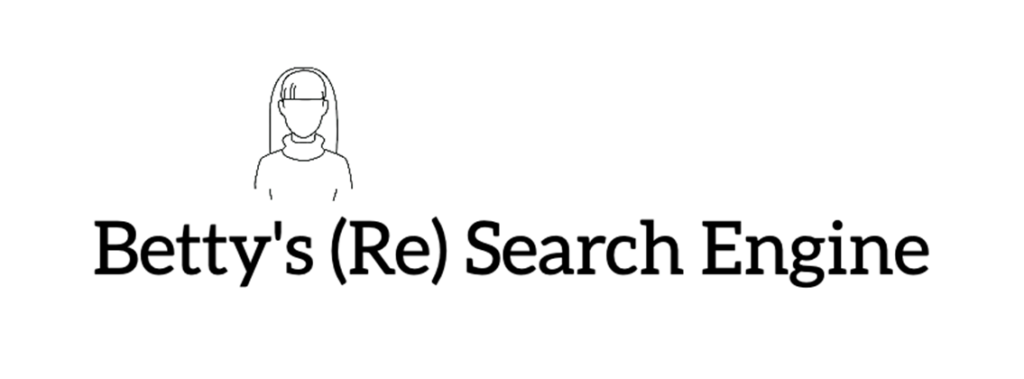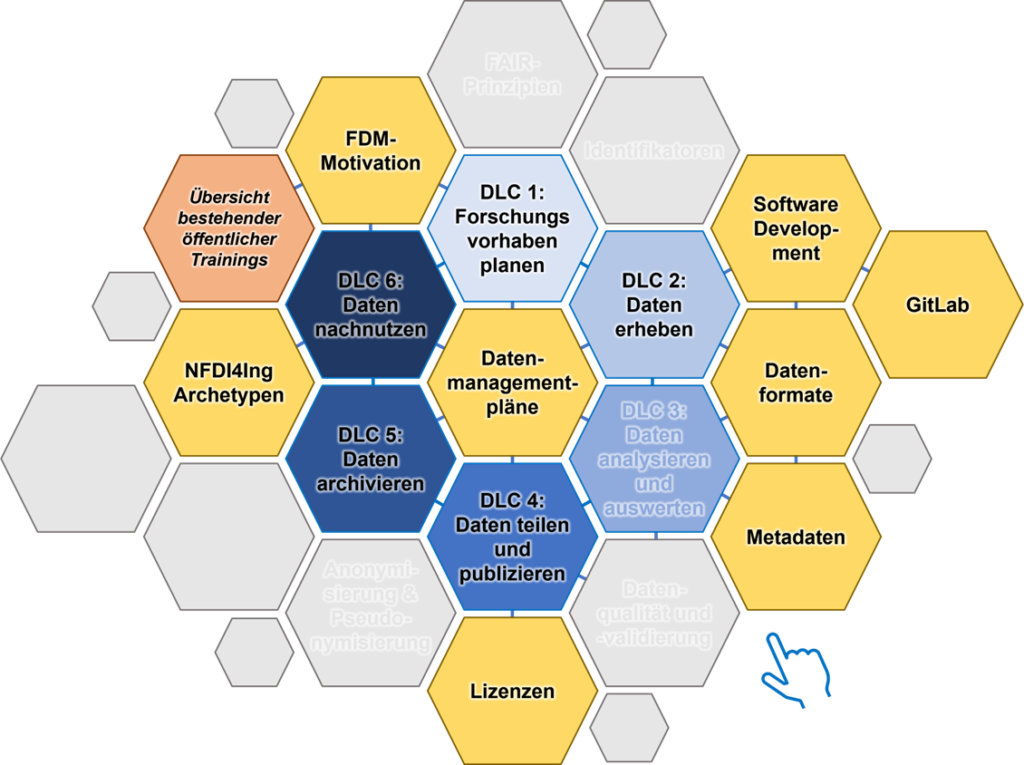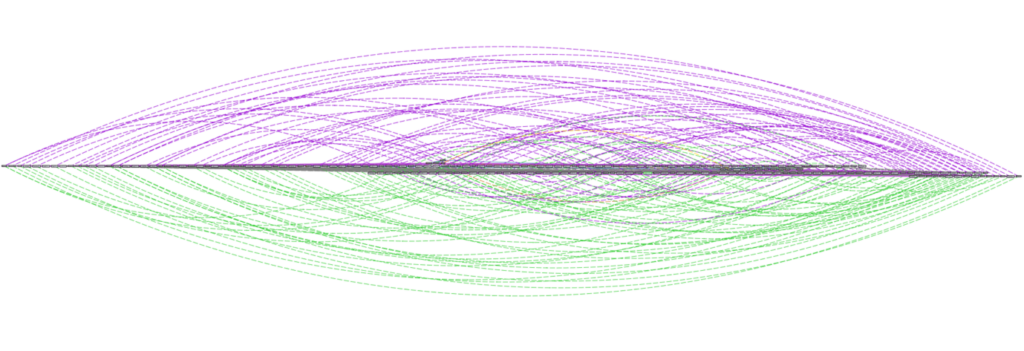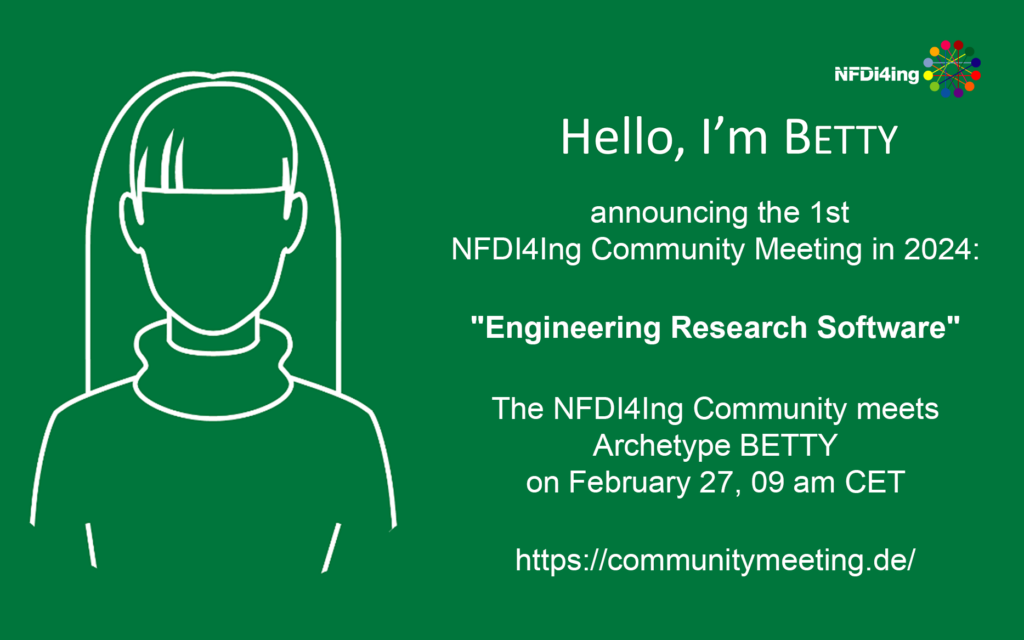
First NFDI4Ing community meeting in 2024 on „engineering research software“
Last year, we invited the engineering communities to topical community meetings, six in total. Starting with 2024, we switch from topical to “arche-topical” community meetings, representing the NFDI4Ing archetypes. We kick things off with BETTY, our archetype focused on engineering research software!
